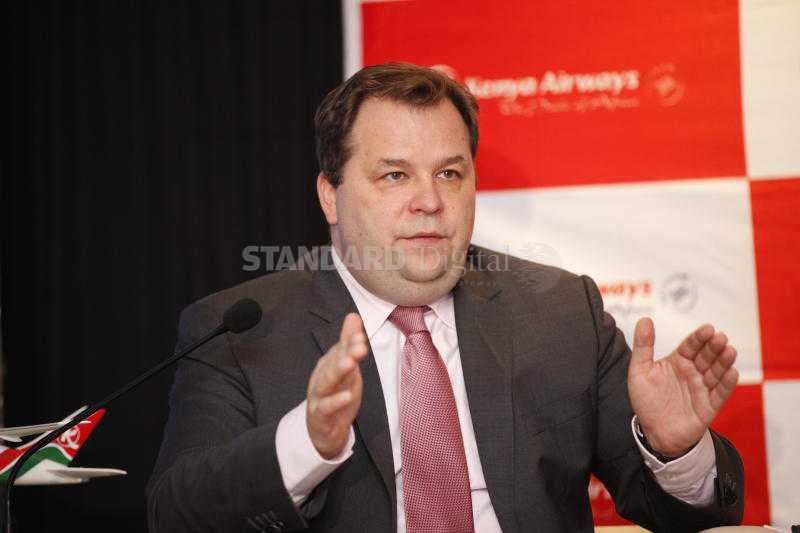×
The Standard e-Paper
Fearless, Trusted News

Despite cutting losses by four times over the last two years, Kenya Airways’ (KQ) take off to profitability is yet to be guaranteed. The airline’s ambitious turnaround strategy still faces turbulence.
The national carrier has reduced losses to Sh6.1 billion in the nine-month period to December 2017 from the record Sh26 billion in the year to March 2016, setting the stage for a full recovery.